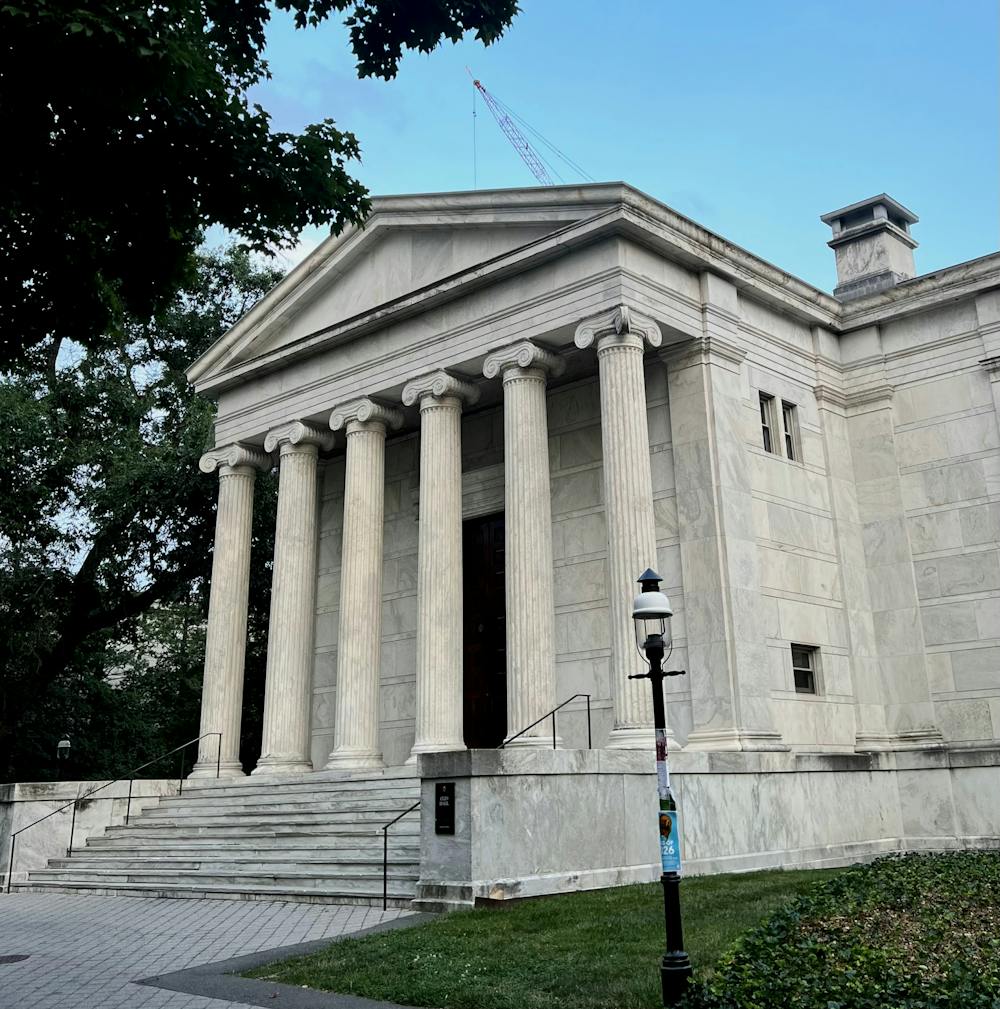Who is who in the class council campaign? No one really ever knows.
Despite numerous posters around campus and various social media posts promoting the candidates, a randomly selected first-year would be unlikely to know the candidates’ names. Twenty-three candidates filed to run, and while their platforms were reported by The Daily Princetonian, they need more coverage. Googling “Princeton class council election 2023” returns just the aforementioned article and Undergraduate Student Government (USG) information on last year’s election.
Is class council really this insignificant? Or do students rely solely on name recognition to garner votes, making the election basically a popularity contest? It shouldn’t be, which is why we need to increase opportunities for students to engage more with class council candidates.
On Oct. 4, voting for class council seats closed and the five candidates with the highest total number of nomination votes were selected as our new class council members. They campaigned with posters and emails, while some, like Aum Dhruv and D’Schon Simmons, even made websites. Yet, it’s unclear whether the platforms of these twenty-three candidates ever reached their voters or informed their decisions on election day.
Undoubtedly, some candidates are frustrated that the outcome may have been different if the election had garnered more attention among students. Many voters who wanted a candidate to win might also be frustrated that people didn’t bother to thoroughly research the candidates, or that so few of them voted in the first place. But are there even any stakes to student council elections? Yes.
Student elections should not be underestimated, and it is important to remember that students can wield enormous power. Ranging from the honor code violations to architectural and naming decisions, groups like the Honor Committee, the President’s Advisory Committee on Architecture, and the Committee on Naming have an important say. No matter their current responsibilities, class council representatives are the elected representative of the students. They have the opportunity to influence policy in the same way. The key to helping them get there is engagement. The lack of election engagement indicates that the council lacks transparency. Attention, and only attention, leads to transparency, accountability, and true representation.
The best way for candidates to invite greater voter engagement is by participating in a series of publicized, well-attended, and lively debates leading up to elections. The ‘Prince’ should send a news reporter, Whig-Clio could host, and a student could moderate. This would not only be informative, but also fun. Candidates would get a chance to defend and advance their platforms, while voters would get a chance to hear from their future representatives directly and ask questions about their platforms. It could be an important moment in the formation of a class identity.
Organizing these debates isn’t a hard ask for either student organization, especially if the ‘Prince’ and Whig-Clio work in collaboration to make it happen. Lecture halls are available, everyone is within walking distance, and an invested candidate will make sure to show up. While the class council election for the Class of 2027 has already passed, I hope these points will be considered when the USG winter elections approach so that candidates and voters can engage more with this important process.

John “Emmett” Souder is a first year and prospective ORFE major from Augusta County, VA. He is a contributing columnist at the ‘Prince’ and can be reached by email at js0735@princeton.edu









